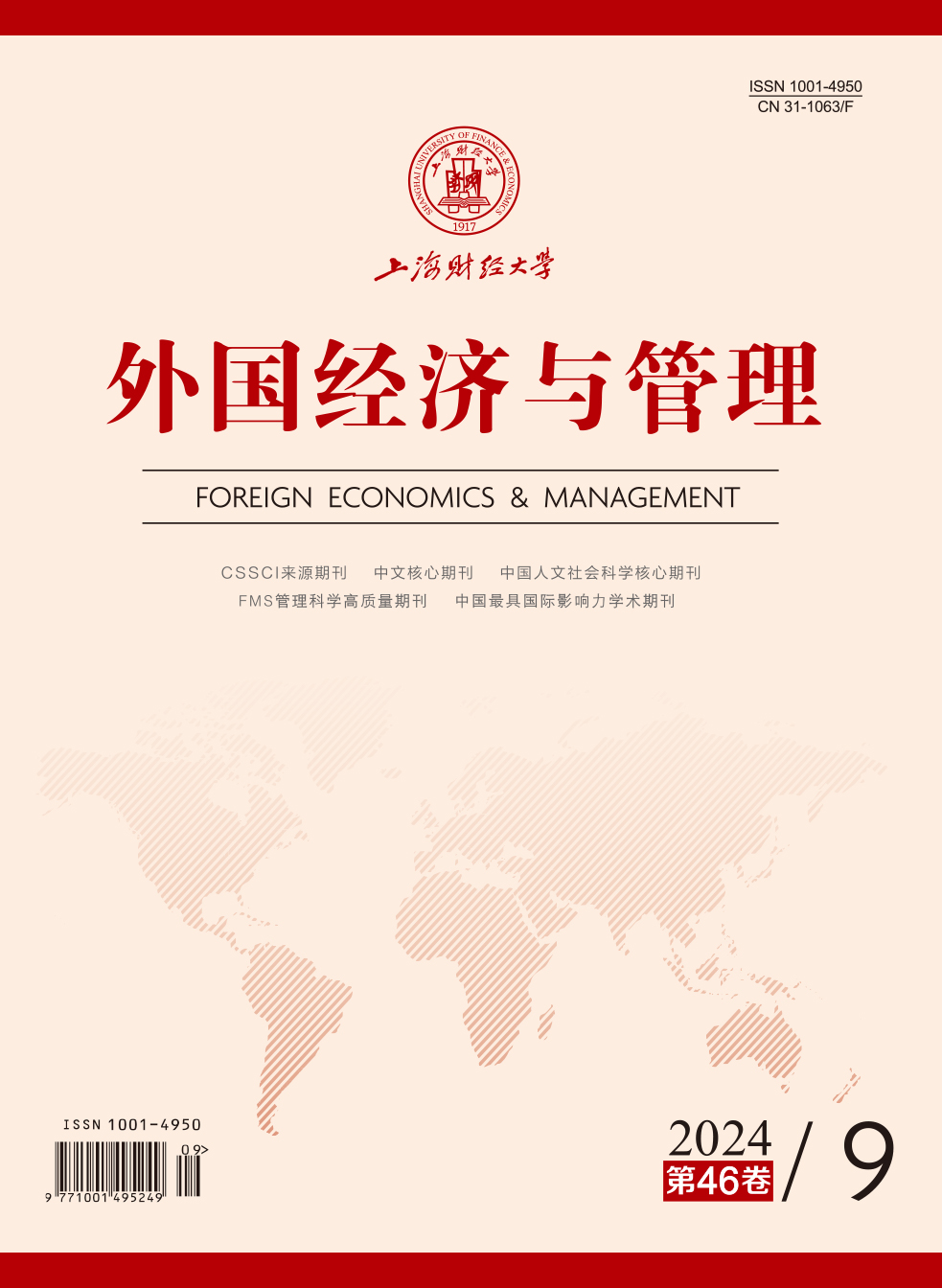Formulating appropriate bond covenants is a means of allocating residual control between creditors and issuers. This paper takes the data of corporate bonds listed and issued on the A-share market from 2007 to 2022 as a sample to test whether social trust reduces the use of corporate bond covenants. The results show that social trust can reduce the number of covenants in corporate bonds, and the results are still valid after a series of robust tests such as the IV method and subsample DID method. Mechanism testing shows that social trust can inhibit the number of bond covenants by increasing their financing ability, alleviating the agency conflict between shareholders and creditors, and reducing the moral hazard of enterprises. Heterogeneity analysis shows that the inhibitory effect of social trust on bond covenants is more significant in the samples of state-owned enterprises, higher financing constraints, higher information asymmetry, and lower legal environment. Further analysis shows that social trust can reduce bond issuance costs, a mutual substitution that is composed of covenants and issuance spreads. This paper reveals the motivation behind the number of covenants in corporate bond issuance from the perspective of informal institutions, and proposes a new explanation for the healthy development of China’s bond market.
 / Journals / Foreign Economics & Management
/ Journals / Foreign Economics & ManagementForeign Economics & Management
JIN Yuying, Editor-in-Chief
ZhengChunrong, Vice Executive Editor-in-Chief
YinHuifang HeXiaogang LiuJianguo, Vice Editor-in-Chief
Lack of Knowledge Leads to Doubt, and Lack of Trust Leads to Words: Trust and Bond Covenants
Foreign Economics & Management Vol. 46, Issue 09, pp. 48 - 66 (2024) DOI:10.16538/j.cnki.fem.20240524.202
Summary
References
Summary
Cite this article
Qiu Baoyin, Cao Wanbin, Huang Jianjun. Lack of Knowledge Leads to Doubt, and Lack of Trust Leads to Words: Trust and Bond Covenants[J]. Foreign Economics & Management, 2024, 46(9): 48-66.
Export Citations as:
For
ISSUE COVER
RELATED ARTICLES




 3115
3115  2174
2174

